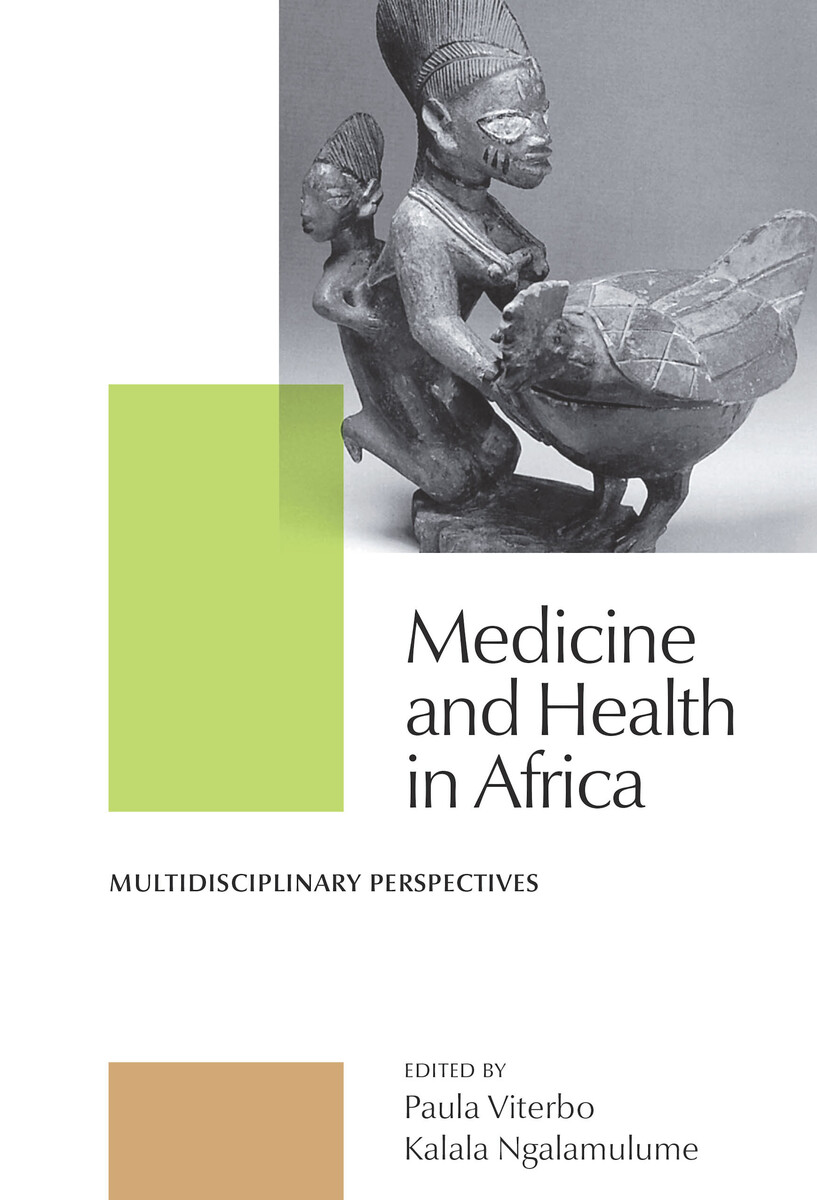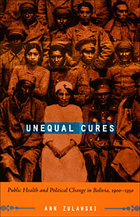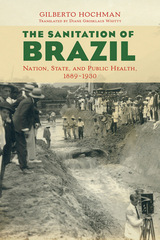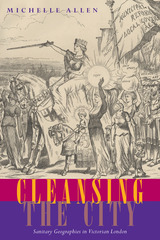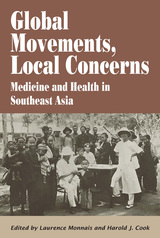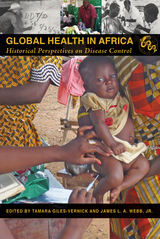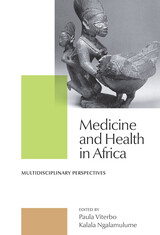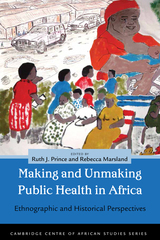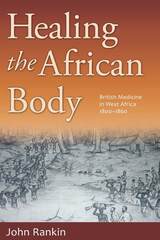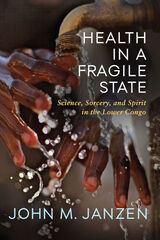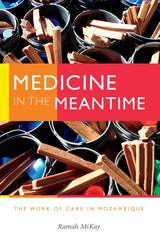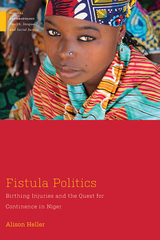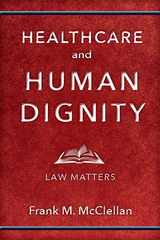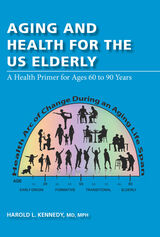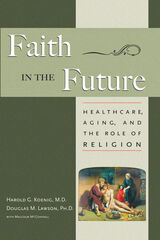Medicine and Health in Africa: Multidisciplinary Perspectives
Michigan State University Press, 2011
Paper: 978-0-87013-991-8 | eISBN: 978-1-62895-490-6 (ePub NK) | eISBN: 978-1-62896-484-4 (Kindle) | eISBN: 978-1-60917-723-2 (PDF)
Library of Congress Classification RA545.M45 2011
Dewey Decimal Classification 362.1096
Paper: 978-0-87013-991-8 | eISBN: 978-1-62895-490-6 (ePub NK) | eISBN: 978-1-62896-484-4 (Kindle) | eISBN: 978-1-60917-723-2 (PDF)
Library of Congress Classification RA545.M45 2011
Dewey Decimal Classification 362.1096
ABOUT THIS BOOK | TOC | REQUEST ACCESSIBLE FILE
ABOUT THIS BOOK
Over the last two decades, the implosion of economies under the burden of debt, the negative repercussions of structural adjustment programs, the crisis of legitimacy, civil wars, and the collapse of some states have resulted in serious health issues across the African continent. Newly emerging diseases, such as Ebola virus and HIV/AIDS have killed and disabled millions. Some “old diseases,” such as yellow fever, tuberculosis, and polio have reappeared. Malaria, cholera, and meningitis continue to kill thousands. In many countries, the medical infrastructure has collapsed, while an increasing number of physicians and nurses have migrated to more hospitable places. Stigmatization of the affected people has exacerbated social and racial discrimination and has affected the implementation of national and international public health programs. The complexity of the situation requires an interdisciplinary approach. This collection, including contributions by historians, sociologists, anthropologists, and biologists, emphasizes the social and cultural contexts of African health, paying particular attention to the history of the colonial public health system and its legacy.
See other books on: Health | Health Policy | Medical policy | Multidisciplinary Perspectives | Public health
See other titles from Michigan State University Press
